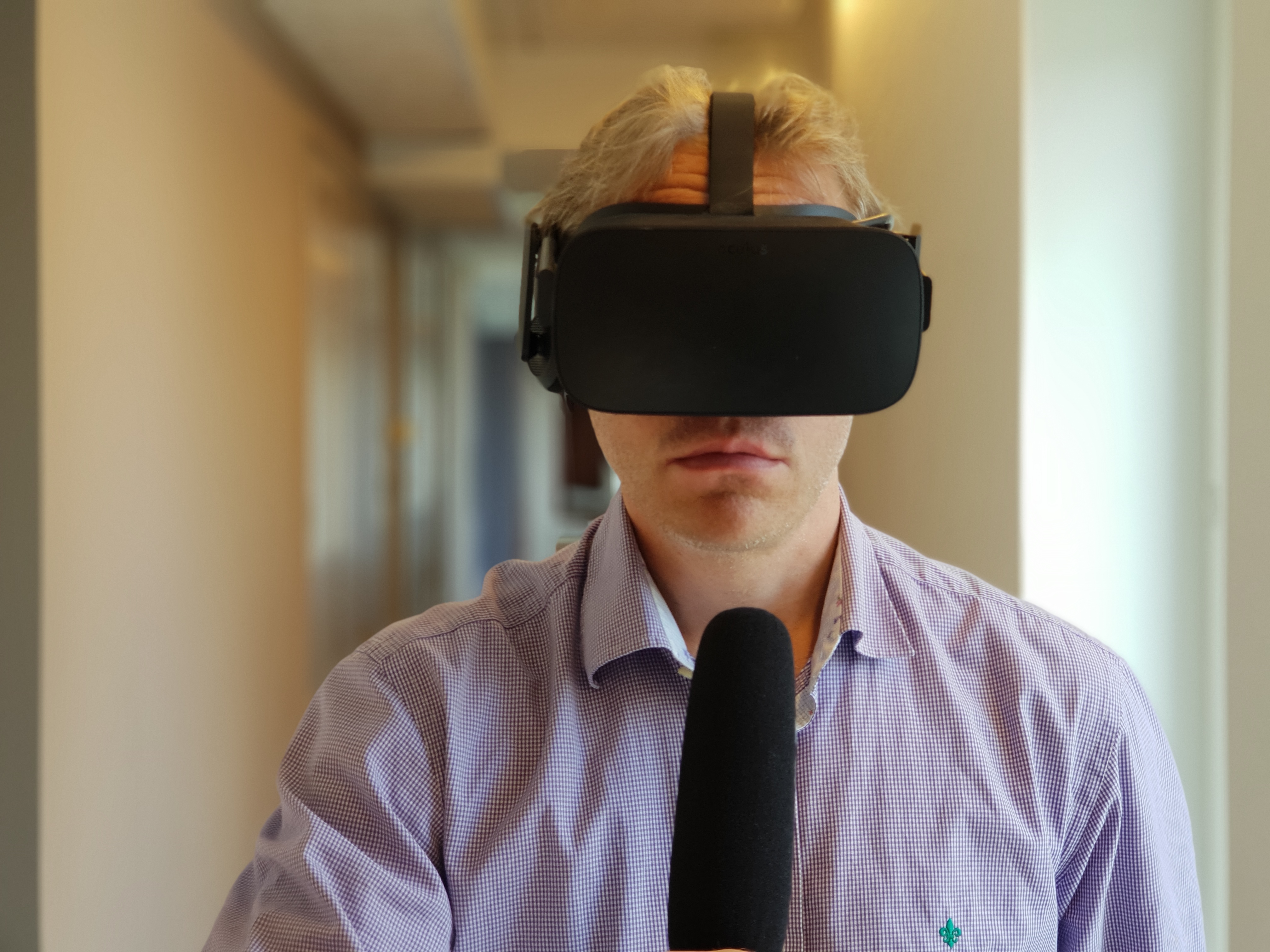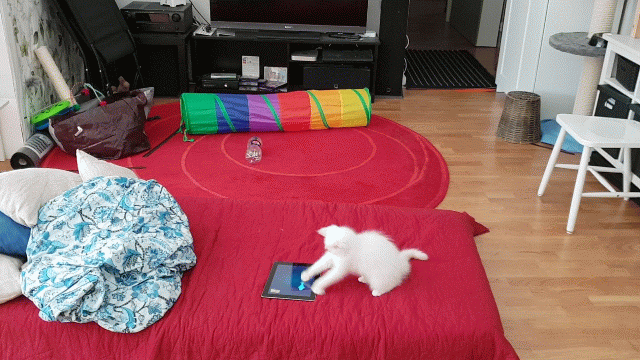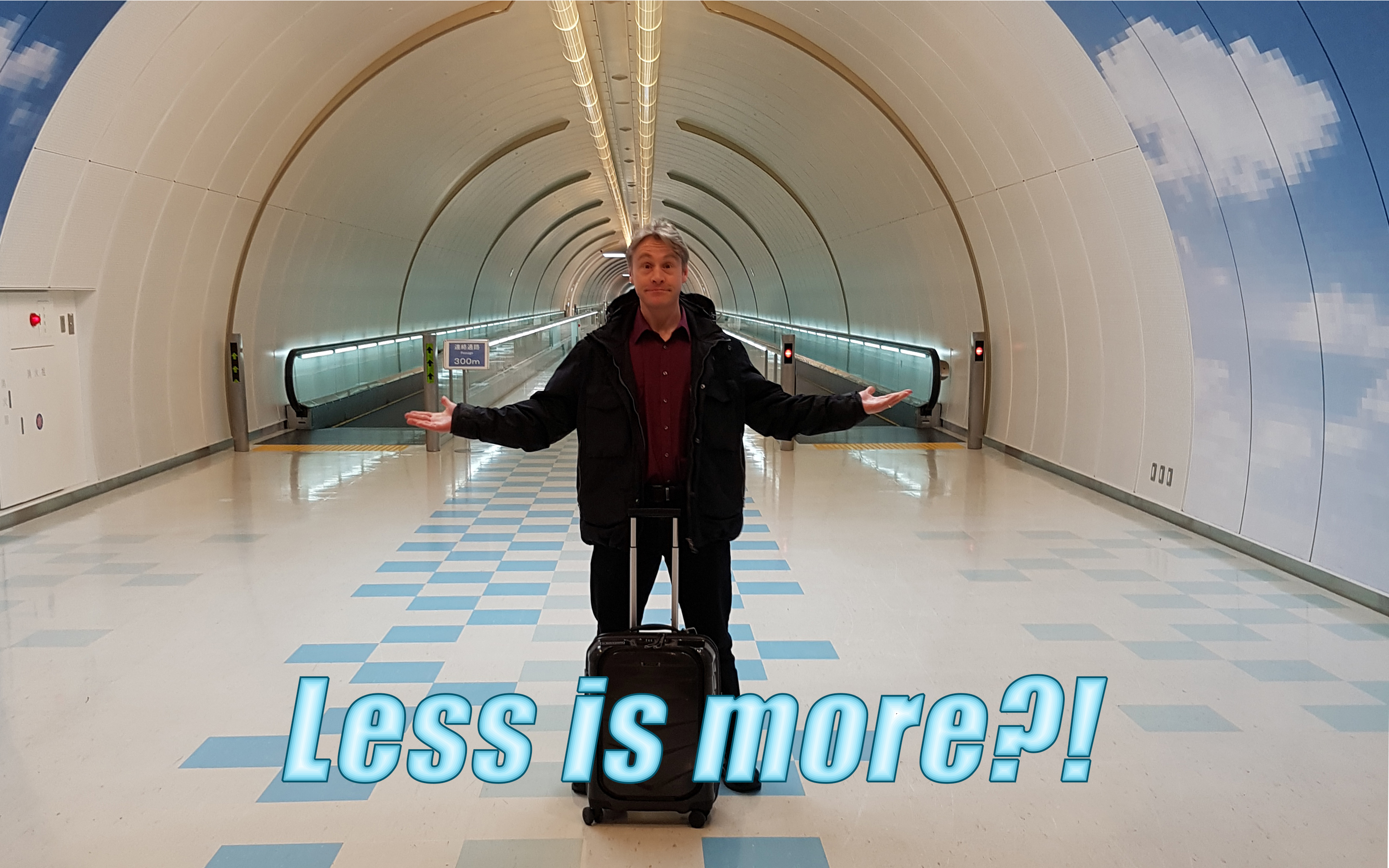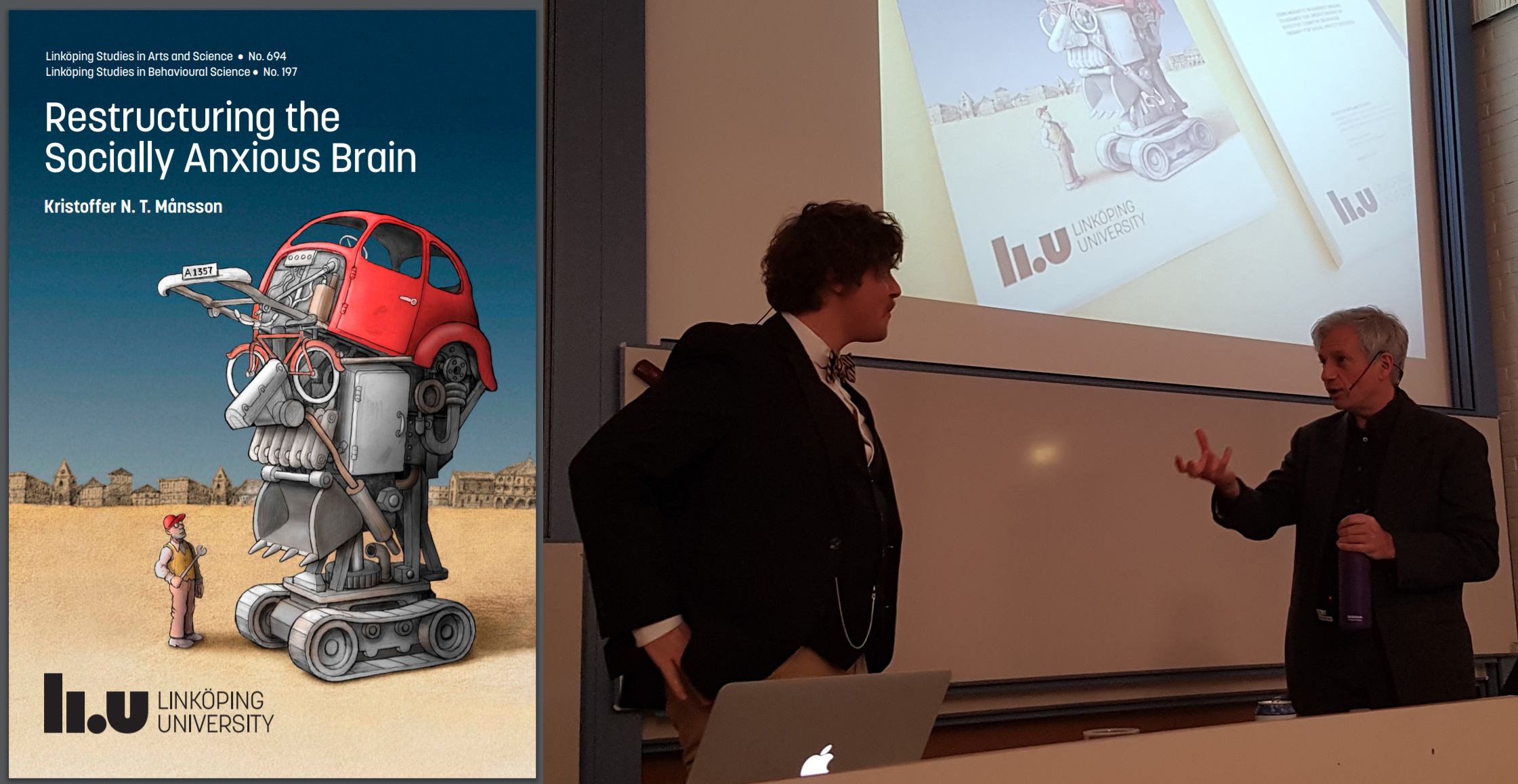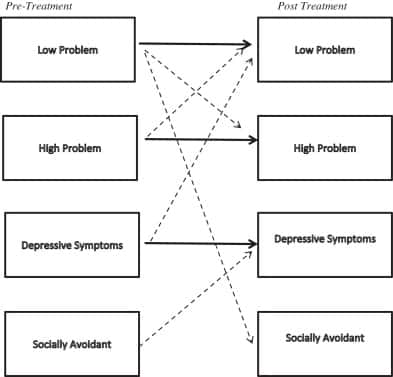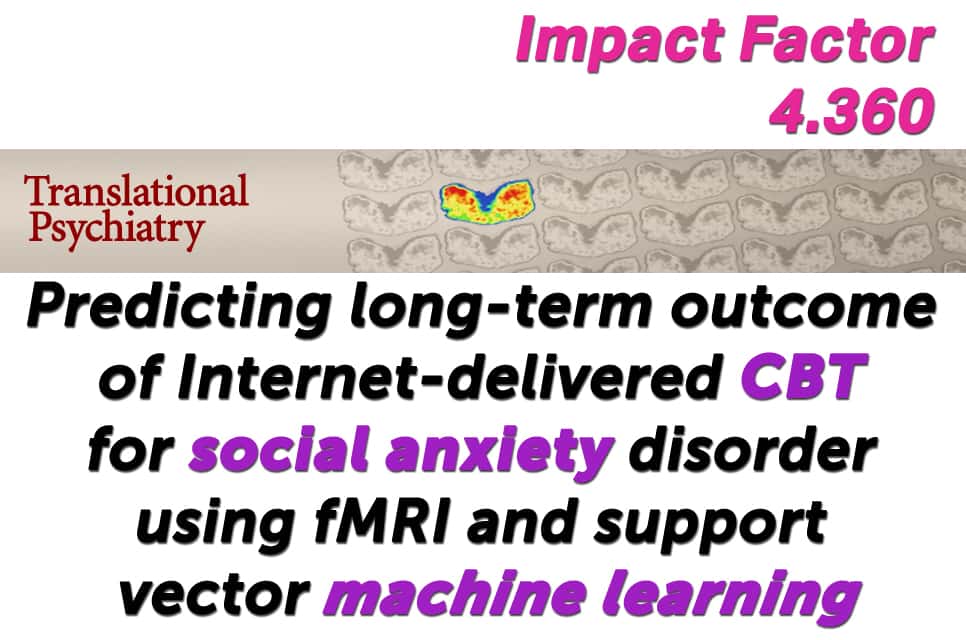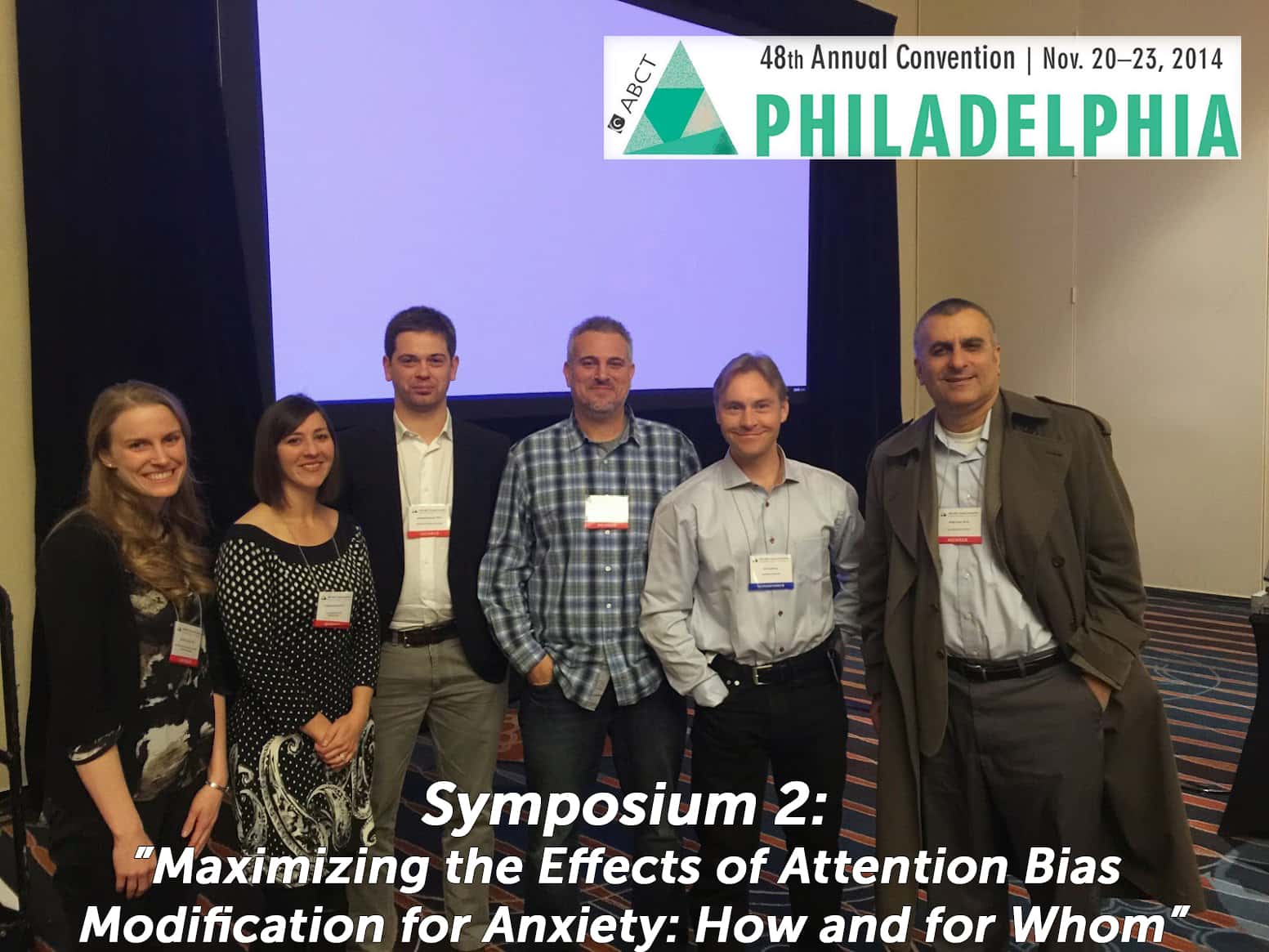1-session virtual reality exposure therapy for public speaking anxiety: Results from a randomized controlled trial
Public speaking anxiety (PSA) is a common condition which can be treated effectively with exposure therapy. However, inherent difficulties in stimuli presentation and control limits dissemination and the therapeutic potential. Virtual Reality (VR) technology has the potential to resolve these issues and provide a scalable platform for self-help interventions. No previous study has examined whether … Läs mer!
